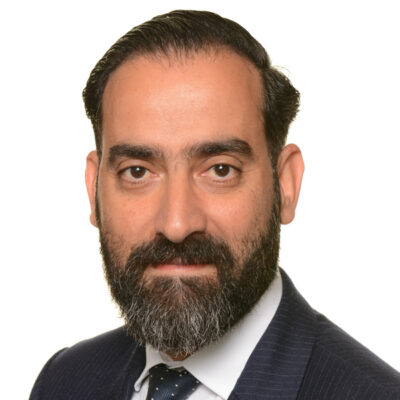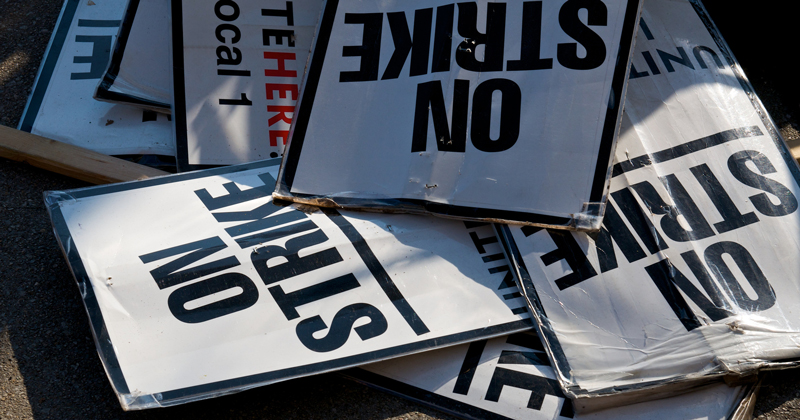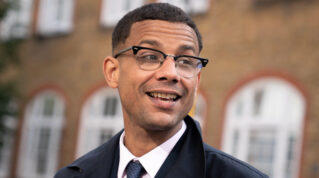Tomorrow’s teachers strike is a “tragedy” that should “never have got to this point”, leaders have said, as they described “difficult” decisions over whether to close their schools.
Some settings will close their doors entirely, while others are focusing on certain pupils or prioritising subjects taught by senior leaders, or even considering bringing classes together to watch documentaries.
Teachers in the National Education Union will walk out on Wednesday after crunch talks with unions ended with no resolution.

The union balloted around 300,000 teachers in England and Wales, though it won’t be clear until tomorrow how many have chosen to strike.
Robin Bevan, head of Southend High School for Boys and a former NEU president, is among those walking out in the dispute over pay and school funding. His school will open for year 12 mocks, and will provide extra support to vulnerable pupils.
“I think tomorrow is a tragedy,” he told Schools Week. “We should never have got to this point, there have been plenty of chances to reverse it.
“Something’s got to change.”
Some schools won’t open to vulnerable kids
Updated government guidance for handling strike action in schools urged leaders to prioritise vulnerable pupils and children of key workers, and consider exam students.
Polling by Teacher Tapp found 49 per cent of respondents said their school planned to close to some pupils, while 14 per cent said they would close to all.
St William’s Primary School and Brundall Primary School in Norfolk will close fully.
Executive head Sarah Shirras said non-striking staff had made it “absolutely clear” they did not want to cover for striking teachers.
“So even having vulnerable children, critical workers’ children [in school] felt like compromise and cover to those other members of staff.”
All seven schools run by the Saffron Academy Trust in Essex will partially close.
But CEO Caroline Derbyshire said the trust had assessed need among vulnerable children on a “case by case basis”, feeling that making provision for “certain categories” of children “undermines the strike”.
Exam year groups prioritised
All Saints Catholic College in West London will only open to year 11 pupils, as well as vulnerable and key worker children.
It means just over a quarter (27 per cent) of the school’s pupils will attend.
Manchester Academy will also open to year 11 and vulnerable pupils, while in south London, four of five schools run by the Dunraven Educational Trust will close to all but the most vulnerable pupils.
Multi-academy trusts The White Horse Federation and Academies Enterprise Trust said all their schools would “at least” partially open.
The Inspiration Trust said it expected all of its primary schools to remain “open as usual”. Two secondaries and its sixth form will also be fully open, with remaining schools “open to the majority of year groups”.
At the country’s largest primary only MAT – REAch2 – nearly half of its 60 schools will be impacted by strike action. Five will close, and 24 will be partially open.
Closing schools a ‘very difficult’ decision
Mohsen Ojja, CEO of the Anthem Schools Trust, said four of its 16 schools would partially close but it had taken the “very difficult” decision to completely close one because of a lack of staff.

Online provision will be provided for pupils at home. Non-striking staff will check up with vulnerable families by phone.
The David Ross Education Trust said “provisionally” that all schools will be open, but “where in some cases we have remote learning for some year groups, the children of critical workers and vulnerable families, along with exam years are being prioritised for in-school education”.
Even for pupils in school, learning still faces disruption.
David Boyle, CEO of Dunraven said there would be “some offer” for key stage 4 and 5 pupils at the trust’s secondaries, but it would be “limited by the specific staff available on the day”.
Headteacher Andrew O’Neill said plans at All Saints were focused on “who I know I will have in school”. It means classes will be limited to the subjects of those in the senior leadership team – English, maths and religious education.
Teachers can be ‘creative around the curriculum’
At some schools, classes could be completely overhauled.
Steve Chalke, founder of Oasis, which runs 52 schools nationally, said teachers could be “creative around the curriculum” where needed.
This could include putting together class groups to watch nature documentaries.

Last July, the government changed the law to allow staffing gaps caused by strike action to be plugged by agency workers.
But over-stretched agencies have previously said that given their own recruitment struggles, supplying an “army” of supply workers would not be “feasible”.
Derbyshire pointed out the moral conundrum leaders faced if they chose to hire temporary staff for the day.
“You risk dividing your staff. You don’t want to do things when people are forfeiting their salary for the day that are going to aggravate the situation.”
Two striking teachers at Yew Tree Primary School in the West Midlands will be covered by supply teachers tomorrow.
But head Jamie Barry said he felt “really conflicted because I want to support the strikers with their cause, but equally I have a responsibility to keep the school open”.
Leaders ‘pleasantly surprised’ by parent support
Schools have reported receiving support for their approaches from parents and carers.
Recent polling by Public First found 46 per cent of people felt teachers would not be justified in going on strike, compared to 43 per cent who said they would be justified.
However, parents of school-age children were more supportive, with 47 per cent saying strikes would be justified, compared to 40 per cent who said they would not be justified.
O’Neill said parents had been “supportive” despite his school’s partial closure.
“We had no kick back from families. Because of how we operate as a school anyway they see staff go the extra mile always. They think teachers should be paid more. But what we don’t know is what they could be saying after four or five days of strikes.”
Shirras said she had been “pleasantly surprised with how much support we’ve had” after announcing closures.
But full impact can’t be predicted
Although unions have to give employers notice of the numbers of staff eligible to strike in each workplace, this does not translate into a prediction of the number who will take part.
Heads can ask teachers whether they plan to strike, but they are not obligated to respond.
O’Neill said he was “not going to ask any member of staff if they are striking”.
“I understand completely and empathise with their situation. We are all teachers.”
Teachers can also join the strike if they join the NEU before action takes place. The union said it had registered 38,000 new members since its ballot was announced.
A survey by Teacher Tapp last week shows that nationally, 16 per cent of teachers were considering switching unions due to industrial action.
The highest proportion was among NASUWT members, whose ballot did not meet the legal turnout threshold needed, with 7 per cent saying they ‘definitely would’ switch and 22 per cent saying they might.
Teachers who are not a member of any union can also join the action, making predicting numbers harder for leaders.
“I’m expecting a lot of schools to phone tomorrow and say they just can’t staff as they’ve planned,” said Ojja.
“It’s a potential eventuality just on the basis that there might be some staff who change their minds and there might be some staff who decide they want to show solidarity with other colleagues.”
Additional reporting by Samantha Booth and Tom Belger.

















Your thoughts